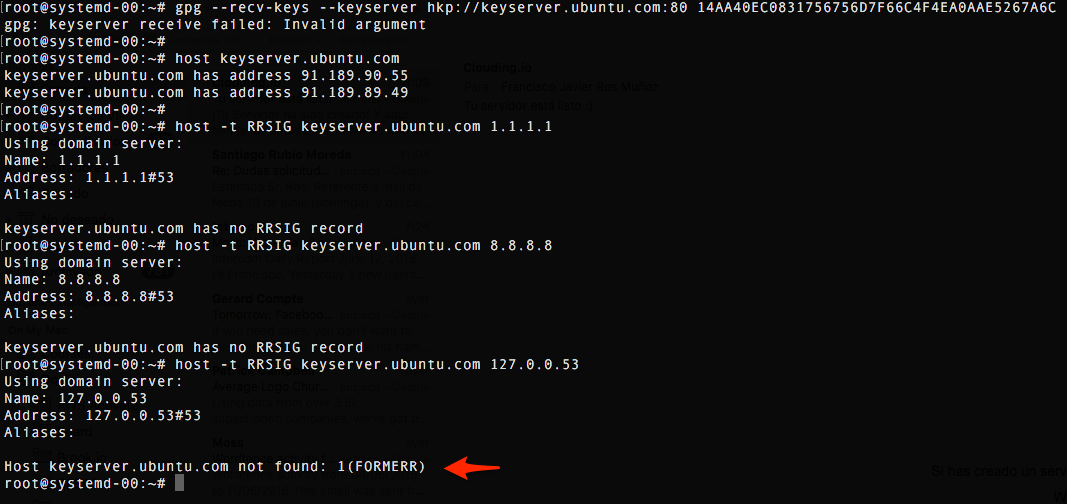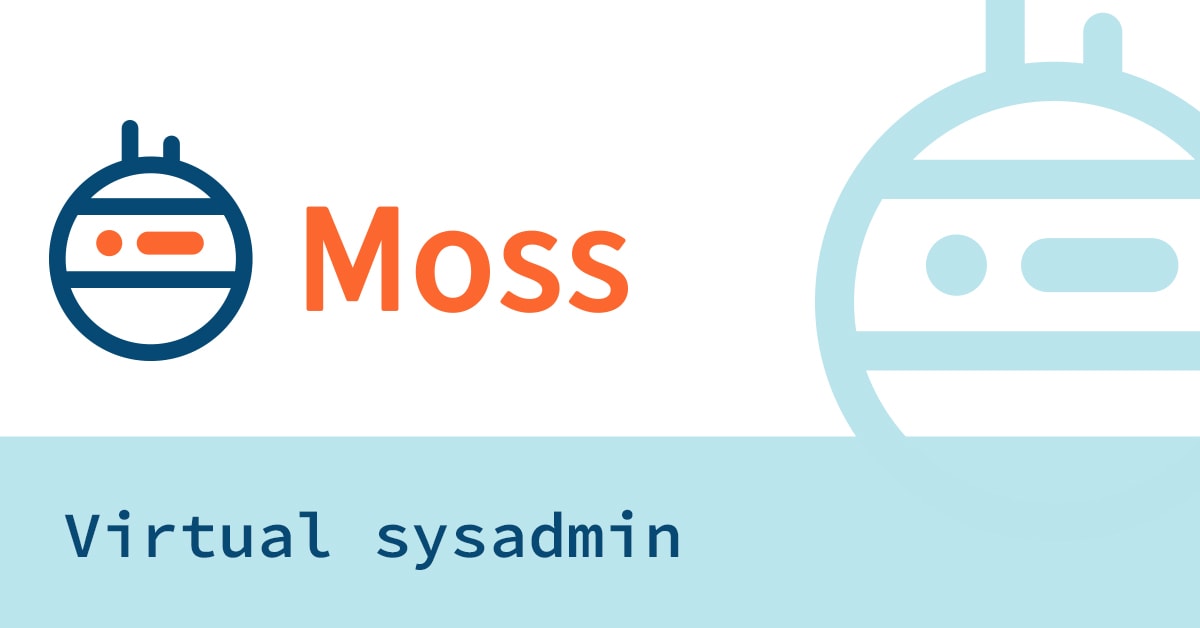We’ve wanted to start this blog for a long time, so that we can write about the web, systems administration, software development, security, good practices, products and services we love, and of course, about the latest Moss news (if you don’t want to miss a post, subscribe to the blog in the form below and we’ll notify you as we publish new content).
The world might not need a new blog (hehe), but we have two good reasons to write here. 1) We feel like doing it ?; and 2) we believe it can be useful to our customers and other web development professionals. We didn’t start it before because the entire team was focused on developing Moss – we couldn’t dedicate the required time to create quality content at a regular pace. Now the team’s grown, the time has come for us to start writing!




